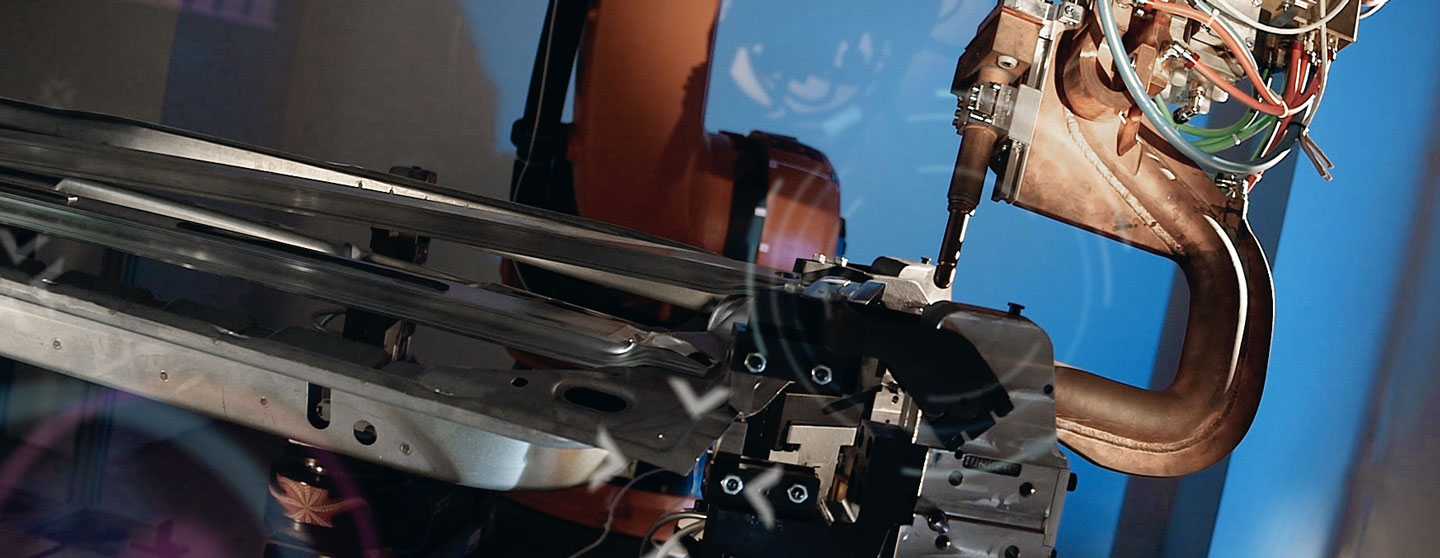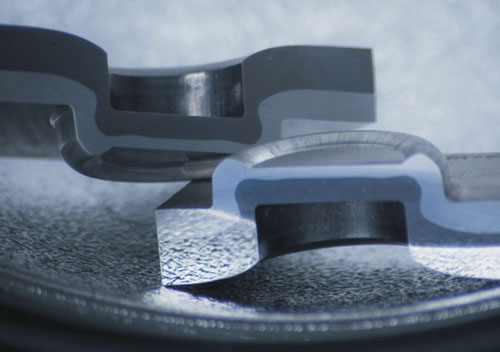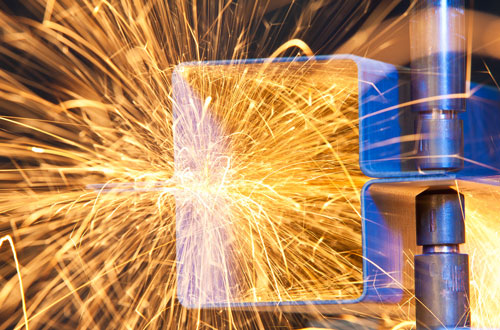Joining as key technology in automotive and mechanical engineering
Considering resource-efficient production, we develop novel joining processes and adapt established technologies to the rising demands. We look at the entire process chain of a component and develop processes for improving joints and the quality of the final product.
 Fraunhofer Institute for Machine Tools and Forming Technology
Fraunhofer Institute for Machine Tools and Forming Technology

